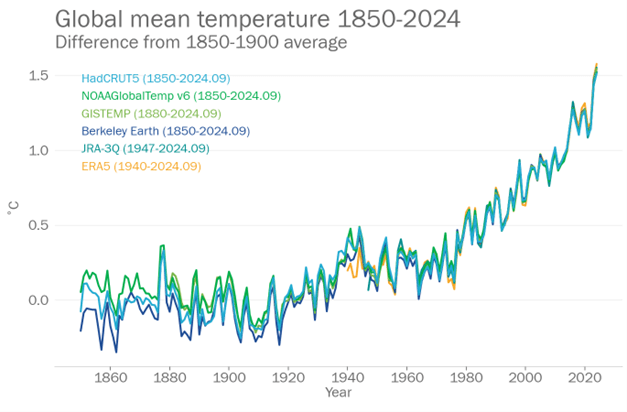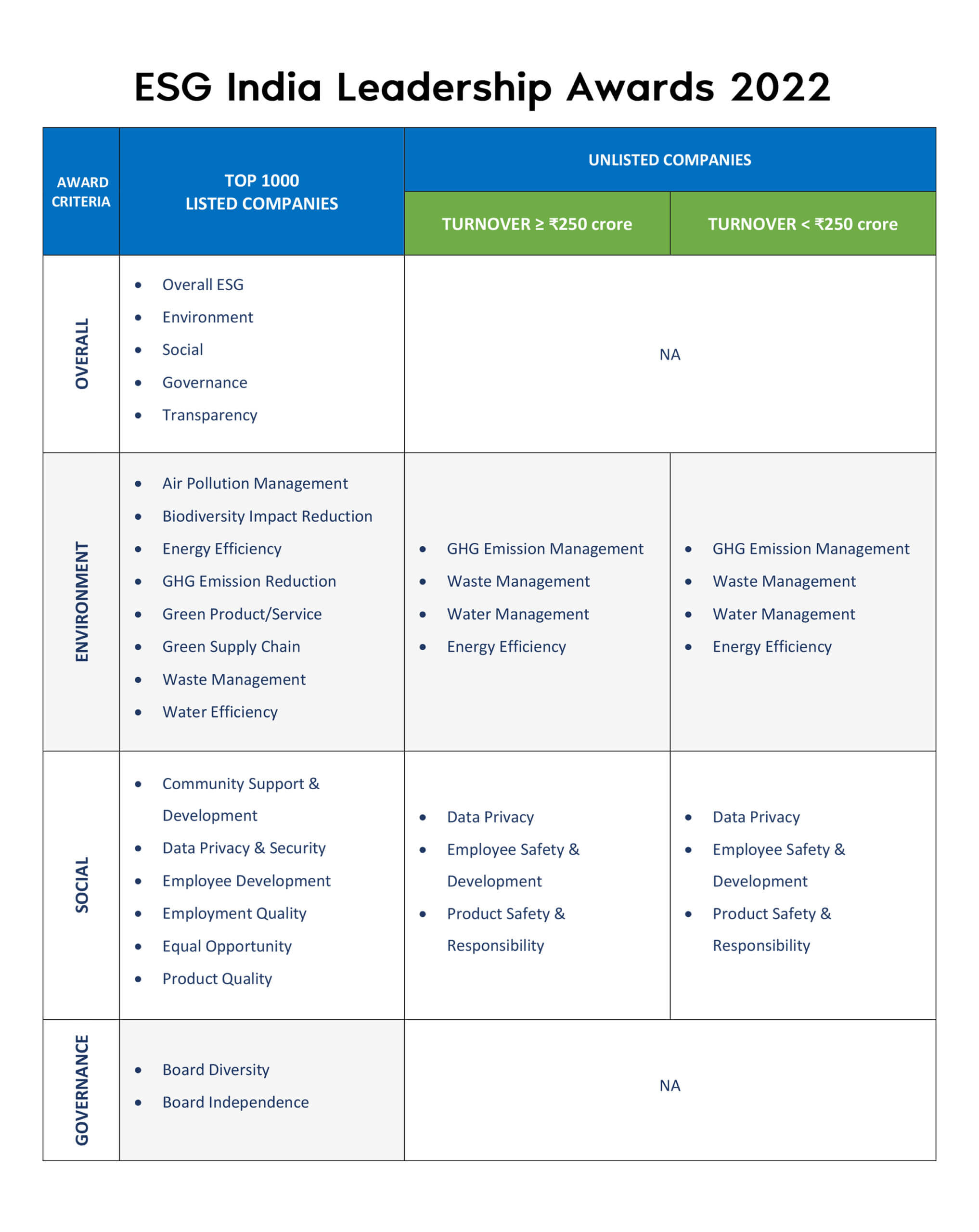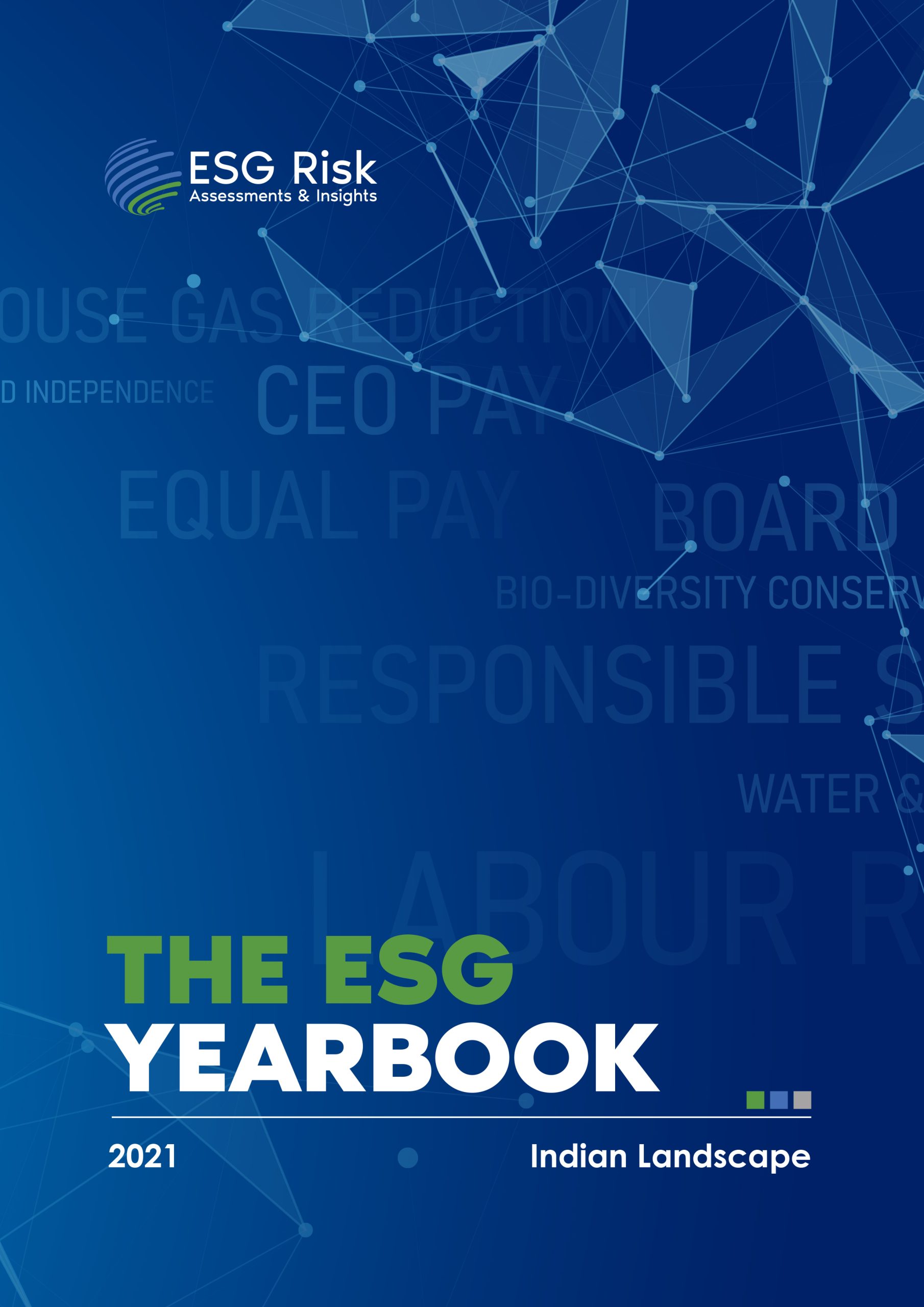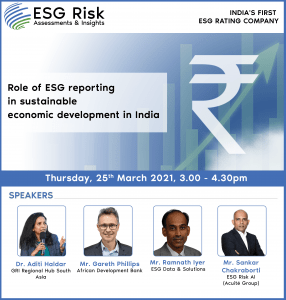WMO State of the Climate 2024 Update
WMO State of the Climate 2024 Update
As COP29 kicks off in Baku, Azerbaijan, the World Meteorological Organization (WMO) has issued a press release on our planet’s climate. With 2024 tracking to be the warmest year on record, we’re witnessing an unprecedented surge in temperatures, extreme weather, and climate impacts.

Figure 1. Source – World Meteorological Organisation.
Link – https://wmo.int/news/media-centre/2024-track-be-hottest-year-record-warming-temporarily-hits-15degc
Key Findings:
- Record-breaking Global Temperature: From January to September 2024, global average temperatures were 1.54°C above pre-industrial levels (±0.13°C), marking 16 consecutive months of record-breaking heat, amplified by a powerful El Niño event.
- Long-term Warming Trend: The past 10 years are the warmest decade on record, with long-term global warming averaging around 1.3°C above pre-industrial levels, a sobering reminder of the steady rise despite natural variations.
- CO2 Levels at Record Highs: In 2023, atmospheric carbon dioxide levels reached 420 ppm, a 51% increase from pre-industrial levels in 1750, with further increases in 2024. These rising greenhouse gas levels are driving sustained temperature increases.
- Ocean Heating and Sea Level Rise:
- Ocean heat content in 2024 remained at record levels, with oceans absorbing roughly 3.1 million terawatt-hours of heat per year—18 times global energy consumption in 2023.
- Sea level rise has accelerated, growing by 4.77 mm per year from 2014 to 2023—more than double the 1993-2002 rate—driven by warming oceans and glacier melt.
- Alarming Glacier and Sea Ice Loss:
- In 2023, glaciers lost a record 1.2 meters of ice water equivalent, nearly five times the volume of the Dead Sea.
- Antarctic sea ice reached its second-lowest extent on record, and Arctic Sea ice also saw significant declines, with ripple effects on global weather and ocean currents.
- Escalating Extreme Weather: Persistent drought, heavy rainfall, and intense tropical cyclones led to massive humanitarian and economic losses worldwide, exacerbating food insecurity and displacing millions.
ESGRisk.ai Analysis:
The WMO’s findings starkly highlight that climate change is no longer a distant problem but a present and escalating crisis, affecting ecosystems, economies, and societies at every level. Immediate, ambitious action is needed to reduce greenhouse gas emissions and limit further temperature increases.
As temperatures near critical 1.5°C thresholds, even temporary exceedances bring significant implications for global ecosystems. With extreme weather events, such as record-breaking floods, heatwaves, and wildfires, escalating in frequency and intensity, the socio-economic costs of climate inaction are staggering, thus becoming the “new normal. The policymakers must adopt stringent climate adaptation and resilience measures in tackling climate related issues.
With the COP29 kicking off in Baku, this report underscores the need for bold, global collaboration. For emerging and developed nations alike, embracing clean energy, scaling early warning systems, and strengthening adaptation strategies are essential.
The WMO’s commitment to tracking and refining climate indicators provides critical support to the UNFCCC’s goals, underscoring that every fraction of a degree matters. This decade will be crucial in determining the trajectory of our shared future on this planet.







